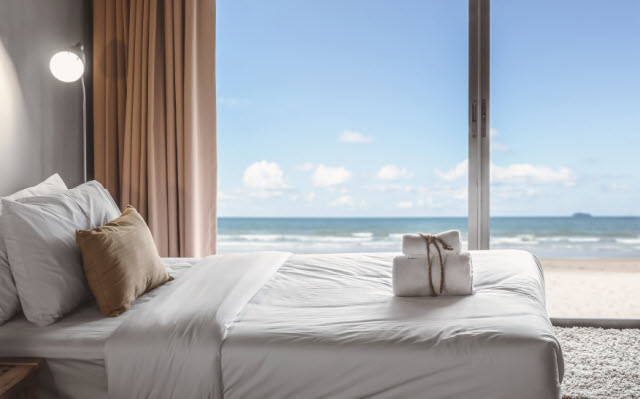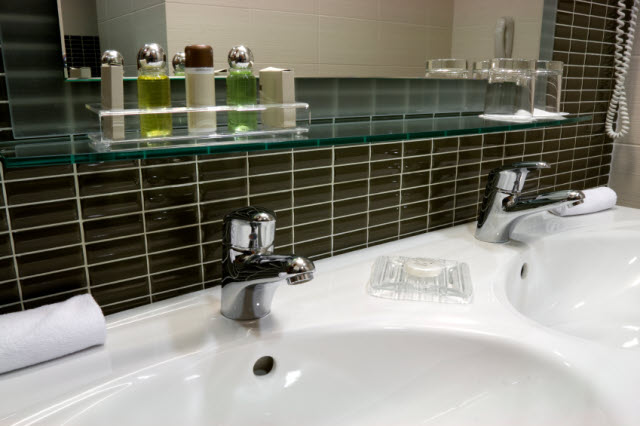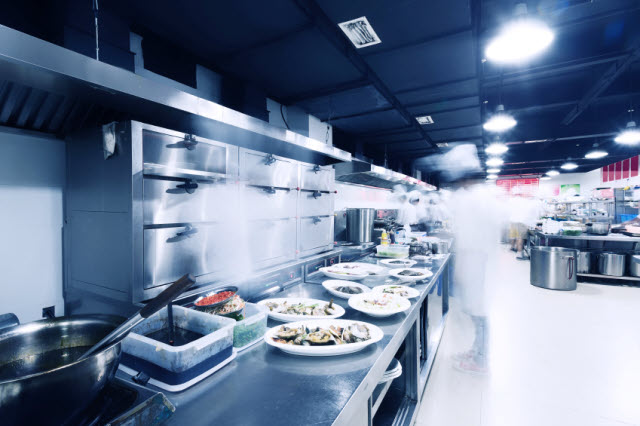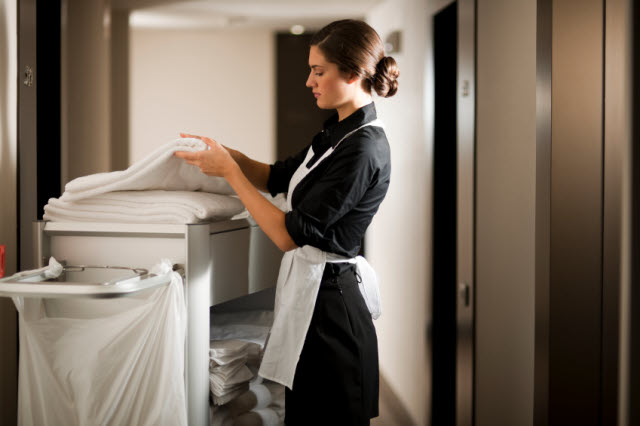You may be shocked to discover, in our western world where water is available from every tap and baths are a staple in most households, that water scarcity is in fact a recognized global problem. By 2030, it is estimated that the demand for water will exceed viable resources by 40%. Although the density of rainfall is extremely varied across the globe, with some countries flooding while others are in an endless drought, it is important that we all play a part in conserving water. In part, this is because flooding does not sufficiently replenish groundwater stocks.
Already there are around 1.2 billion people (one-fifth of the world’s population) who live in areas of physical water scarcity. As a result, it is important that businesses in general, and hotels in particular, begin thinking more seriously about their water usage in order to save their reputation, bottom line and the environment on a much grander scale. For instance, resorts located in regions that are knowingly in a state of water scarcity need to be conscious of their consumption in order to prevent a backlash of opinion.
How Hotels Can Manage Their Water Usage
According to the UK’s Environment Agency, hotels can reduce the amount of water consumed per guest per night by up to 50%. Therefore, it is important to set up a water sustainability plan to establish and implement a way that this can be achieved. The first thing to do, therefore, is to establish your business’s current water usage and how much is spent on the resource in order to track your company’s improvement over time and win over stakeholders by informing them of the financial benefits.
After establishing how much is being presently being used, hotels should establish ways they can decrease consumption throughout their business, taking a room at a time. Here are some of the proven ways to reduce water consumption within hotels.
Bathroom
The bathroom is as good a place as any to cut water consumption, since it is a place that is specifically associated with water use. It is also the case that guests will be using these places and may not be aware of your efforts, so it’s important to communicate with them to try to maximize your efficiency.
- Ensuring that appliances are maintained can prevent water wastage. For instance, a leaking tap that drips at the rate of one drip per second can waste 180 showers worth of water over a year. Furthermore, a leaking toilet can lose up to 750 liters in a single day.
- Upgrading your devices can save water and you money over time. For instance, a low flow toilet uses around six liters per flush, which is less than half the amount that older models use.
- Make sure that your devices are only running at the speed they are supposed to; shower flow should be no more than 10 liters a minute and taps shouldn’t exceed six liters a minute.
Kitchen
Kitchens can use a lot of water when it comes to cleaning food and utensils. Therefore, it is important to include the room in your efforts to curb water wastage, by implementing the following.
- You should ensure that the taps in your kitchen don’t exceed a water flow of 10 liters per minute.
- Don’t use dishwashers unless they are fully loaded.
- Don’t use running water to clean food and utensils – wash them in a sink without the tap turned on to save water.
- Avoid using running water to thaw food or ice.
- Minimize the use of ice machines and adjust the settings so that they dispense less ice.
Landscaping
In hot countries especially, it can be seen as vital that watering systems are used in order to keep the grounds looking their absolute best. However, you can curb water usage while maintaining the aesthetics of your hotel.
- Water the grounds in the evening as opposed to in the heat of the day in order to avoid evaporation, which serves little or no benefit to the ground.
- Provide training for ground staff about how and why it is important to avoid wasting water. However, if automatic watering is inevitable, fit timers and moisture sensors on sprinklers to avoid over-watering.
- Using your own organic compost, placing wood chips on top of soil, and planting native species of plants will all prevent the need for extensive water being used.
- Use a pure water storage system to collect rain water that can be used on the plants.
Housekeeping
Cleaning your guest’s rooms inevitably requires water, from their laundry to creating a hygienic environment for them to stay in. A structured water consumption initiative will minimize water consumption through the following ways.
- Consider installing temporary holding tanks in your washing machines so that you can reuse the water from previous rinse cycles.
- Wash small quantities of laundry in a 5 kg washing machine to reduce water usage
- Check regularly for leaks in areas of the bedrooms and washing machines to ensure they are correctly maintained, avoiding water wastage.
- Ensure that staff are trained to know how to prevent excessive water usage while cleaning. For instance, they should know how many times they should flush the toilet, to mop rather than hose the floor, not to leave the taps running and not to wash linen everyday if it is not required.
Communication with Your Guests
Liaising with the workforce is different to communicating with your guests and customers, but it is just as paramount to inform them of your water saving efforts for a successful initiative.
- Provide guests with relevant literature or communicate with them in a different format to make them aware of the need to conserve water in the local area or on a grander scale. You can also use this as an opportunity to educate your guests on how you manage to reduce water consumption, giving them a positive view of the business’s ethos as well as ensuring that they follow best practices.
- Encourage guests to shower instead of bath, turn off the tap while they brush their teeth, and opt out of having their linen or towels changed every day.
How Your Hotel Is Vital In Conserving Water
Now that you know the importance, benefits and how to implement an initiative to curb the amount of water used in your hotel, you can begin to strategize how your business will save water. After all, even though each individual hotel uses a significant amount of water alone, it is even more significant once all hotels are considered.
In terms of saving money, your business’s reputation and the welfare of the planet, conserving water is one of the best strategies to implement in order to appeal to guests and stakeholders in equal measure.
Stephen Hall is the Managing Director of Pure Water Storage, a company that specializes in cold water, sectional and chemical storage tanks in the UK.
This post was generously sponsored by Pure Water Storage.




